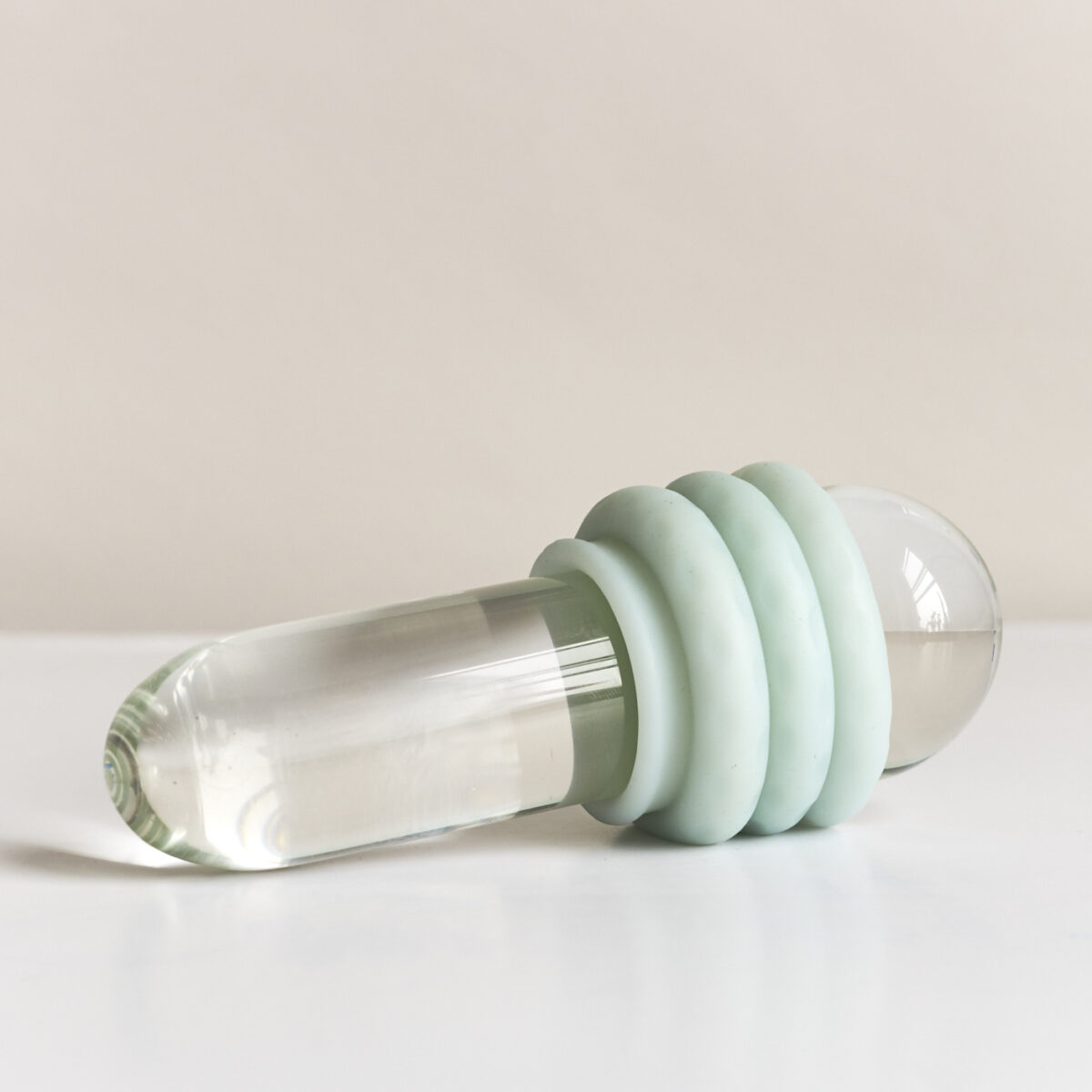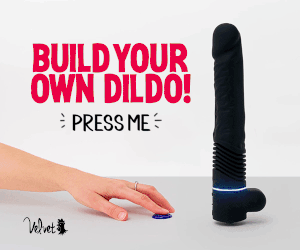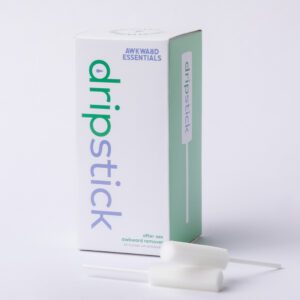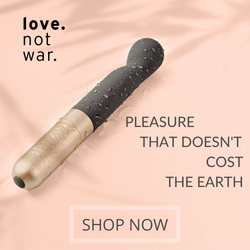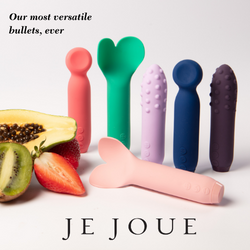‘Lovewear’ Sex Aid Embraces Inclusive Design and Hi-tech Touch
SexForEveryBody.com is supported by our readers. We may earn a commission if you buy through links on our site. Learn more.
Innovative garment manufacturer Witsense, an already-established brand known for its clothing designed for disabled people, has announced the development of a new product line: Lovewear.
The new line integrates soft robotics, wireless communication, and what’s described as a “console” pillow. The goal behind this state-of-the-art undergarment is to enable people with limited mobility to self-pleasure in a comfortable and sensual manner.
Lovewear is a collaborative effort between Emanuela Corti and Ivan Parati, wearable tech designers with experience in inclusive design.
“While working on projects dealing with disability, we came across difficulties related to sexuality and realized that it was a theme that we wanted to explore,” Corti told Sex for Every Body.
“We soon realized that Lovewear could be used by anyone who wants to explore intimacy from a different perspective, while giving more benefits to movement-impaired people.”
More than merely sex tech
Lovewear is an undergarment that, via a smartphone app, connects with that “console” pillow.
Equipped with sensors, when caressed, stroked, or squeezed, the pillow transmits those sensations to the paired Lovewear underwear, which reproduces them through a series of air-filled bladders.
This sets Lovewear way ahead of most mainstream sex toys. And while many may be pleasurable in their own right, their mechanical workings can often feel less natural when measured against actual human touch.
Lovewear, on the other hand, plans to take a page from soft robotics, using its solitary motorized component to add or release air to those bladders.
Though not a stand-in for actual physical contact with another person, Lovewear’s technology likely feels much more lifelike than if it had used motors directly.
The design process
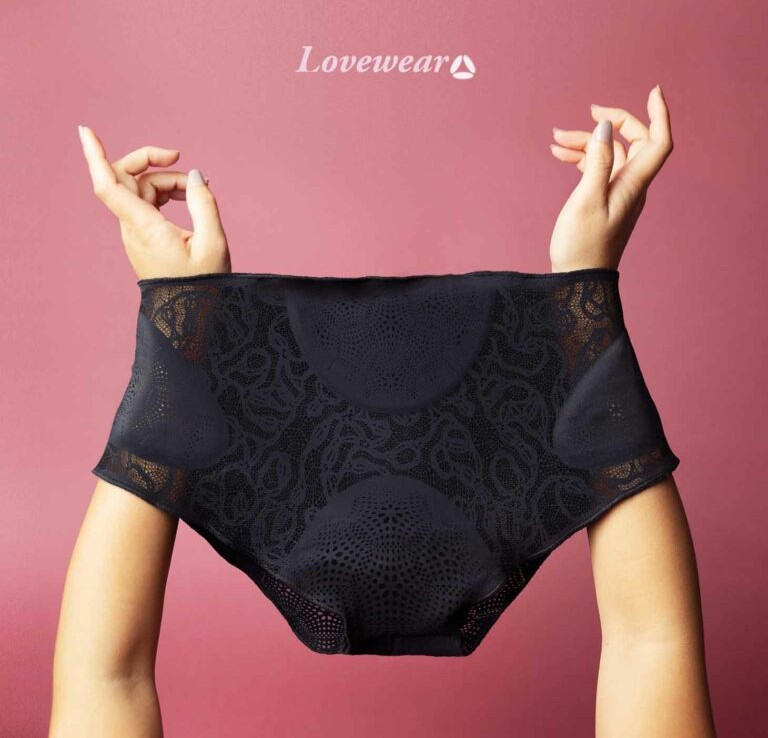
In the early phase of the project, the Lovewear team consulted with Max Ulivieri of LoveGiver, an Italian organization that advocates for sexual assistance for people with disabilities
He put Corti in touch with LoveGiver board member Dr. Paola Tomasello, a psychologist and sexologist who helped create a questionnaire for feedback on design needs.
Ulivieri also shared vital feedback on the importance of human touch.
“One of his first comments has been: make sure to say that your product does not replace human contact! And we obviously totally agree! Lovewear is a cognitive tool that could be used independently, with a partner, or could support a carer or a surrogate partner,” Corti said.
Yet Corti doesn’t underplay the significance of making self-intimacy and sexual exploration more accessible.
“Disabled sexuality is often neglected to release carer and families from uncomfortable responsibilities, which pose moral and ethical questions,” she said.
“Whether the individual is deprived from its natural appetite or its emotional and sentimental implications, what is really missing is the self-consciousness and the awareness towards the own body.”
Ease of touch, pleasure of contact
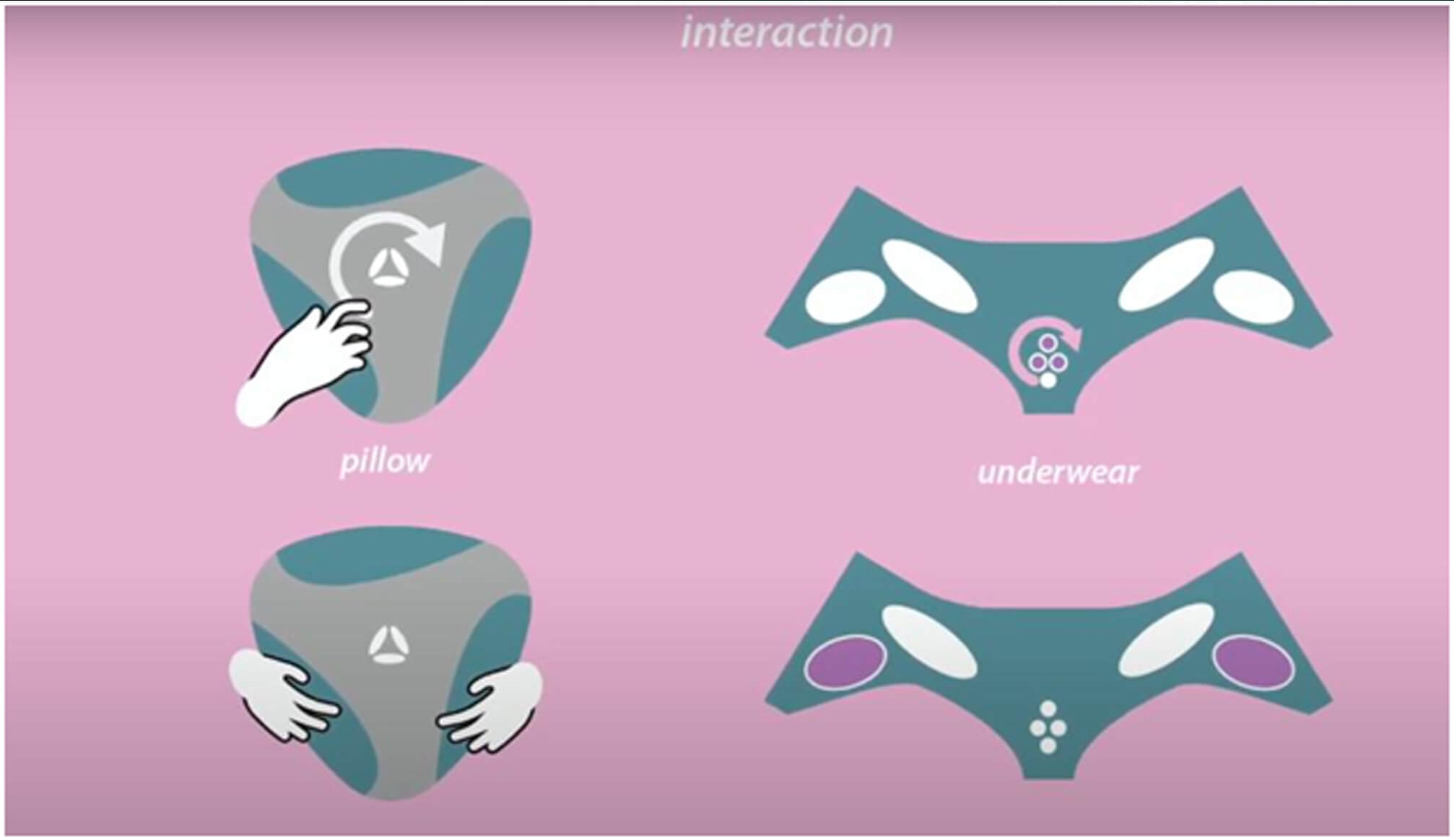
For those with limited mobility or any conditions that make sustained contact with their genitalia challenging, Lovewear is an exciting development.
This is equally evident in Witsense’s other projects. Senseme, a shirt that, via a set of sensors, sends breathing rate and movement data to a smartphone app that then adjusts the garment.
So, too, with Pumpme—which could be considered an antecedent to Lovewear, as it inflates or deflates automatically or whenever the wearer wants it to.
The Lovewear line is currently in the development phase with no foreseeable launch date in the immediate future.
The most challenging part of the process is the micro integration of all the components that need to be inserted into the wearable textile, added Cori.
Thinking about everyone’s desires

Despite all these experiments and Witsense working to move Lovewear from concept into an actual, purchasable product, Corti and her team are clear that these and everything else they are working on shouldn’t be considered exclusively for disabled people.
As I’ve written previously, getting older has made me wish products like those from Witsense were feely available bothoday, with my arthritis pain and decreased mobility, as well as whenI was younger They might have added a great deal more pleasure and comfort to my sexual and sensual activities.
There’s also the idea that if they’d been around when I was younger, I and so many others dealing with incipent physical concerns could have reduced or possibly aided in eliminating them altogether.
Then, when I was a lonely young man, and particularly now, during these days of social isolation, Lovewear would be a unique way to experience something akin to that most intimate—and human—of touches: a welcoming and supportive hug.
The universality of pleasure
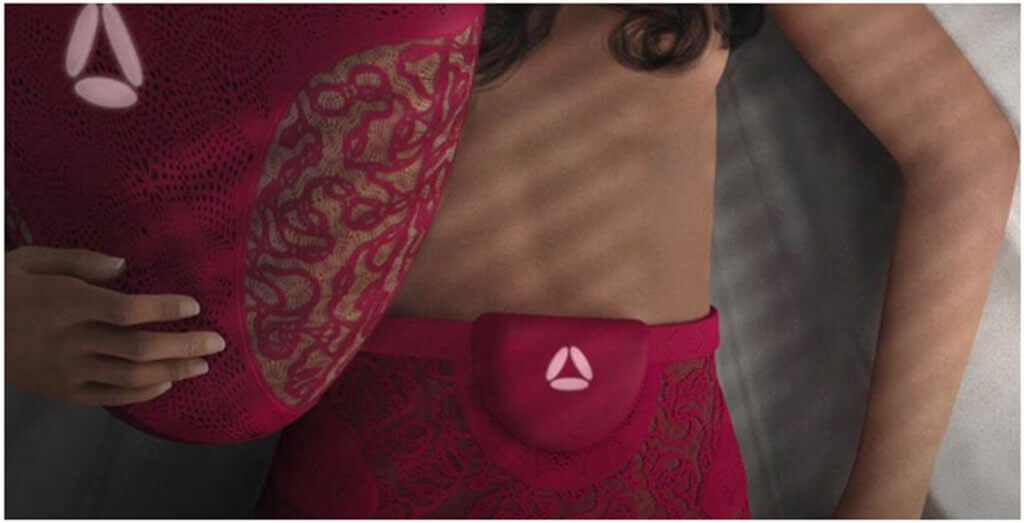
Forgive me if this sounds trite, but researching Lovewear and all the talented and conscientious minds behind it, a phrase kept coming to mind: that we’re all deserving of pleasure.
Because here is a device that elegantly demonstrates the simple truth that we all need and deserve to enjoy ourselves. Hopefully, Witsense, along with similar companies and researchers, will help us to accept and celebrate that, no matter our limitations, we all have this in common.
Image credits: Re-FREAM
M.Christian loves nothing better than exploring the intersections of sex and technology—and speculating on the future of both. A highly regarded erotica writer he has six novels,12 collections,100+ short stories, and 25 anthologies as an editor to his name. His non-fiction regularly appears n many sites, but he’s most proud of being a regular contributor to Future of Sex.
Of his erotic fiction, Tristan Taormino said that “M.Christian is a literary stylist of the highest caliber: smart, funny, frightening, sexy—there’s nothing he can’t write about … and brilliantly.”
Reflecting his unique ability to sympathetically and convincingly write for a range of genders and sexual orientations, his stories have appeared in multiple editions of Best American Erotica, Best Gay Erotica, Best Lesbian Erotica, The Mammoth Books of Erotica, and others. His collection of gay erotic fiction, Dirty Words, was a finalist for the Lambda Literary Award.
While a majority of his stories have been collected into books like Dirty Words, his fondness for combining sex and science fiction is clearly evident in collections that include Rude Mechanicals, Technorotica, Better Than The Real Thing, Skin Effect Effect, Bachelor Machine, and Hard Drive: The Best Sci-Fi Erotica of M.Christian.
As a novelist, M.Christian’s versatility is on full display with <em?Running Dry, The Very Bloody Marys, Brushes, Painted Doll; and the somewhat controversial queer BDSM/horror/thrillers Finger’s Breadth, and Me2.
M.Christian has worked on the industry’s production side as an Associate Publisher for Renaissance E Books and as a Publisher for Digital Parchment Services. The latter dedicated to celebrating the works of science-fiction legends such as William Rotsler, Jerome Bixby, Jody Scott, Arthur Byron Cover, Ernest Hogan, and James Van Hise.
Covering topics like BDSM safety, sexual education, senior sexuality concerns, queer and gender issues, plus reviewing a variety of sextech products, M.Christian’s non-fiction has appeared on sites like Kinkly, Tickle.Life, Sexpert, Queer Majority, Sex for Every Body, and—of course—his ongoing work for Future of Sex.
If there’s anything M.Christian enjoys more than writing, it’s teaching. A featured presenter, sometimes with his friend Ralph Greco Jr, at national sex and BDSM events, he’s lectured on kink play (with an emphasis on safety), polyamory, boosting sexual creativity, and erotica writing–for beginners or those wanting to go pro.
M.Christian is a cohost on two popular sex-education podcasts: Love’s Outer Limits with Dr. Amy Marsh and Licking Non-Vanilla with Ralph Greco, Jr.
M.Christian’s Books (Sizzler Editions)
M.Christian’s Audiobooks


